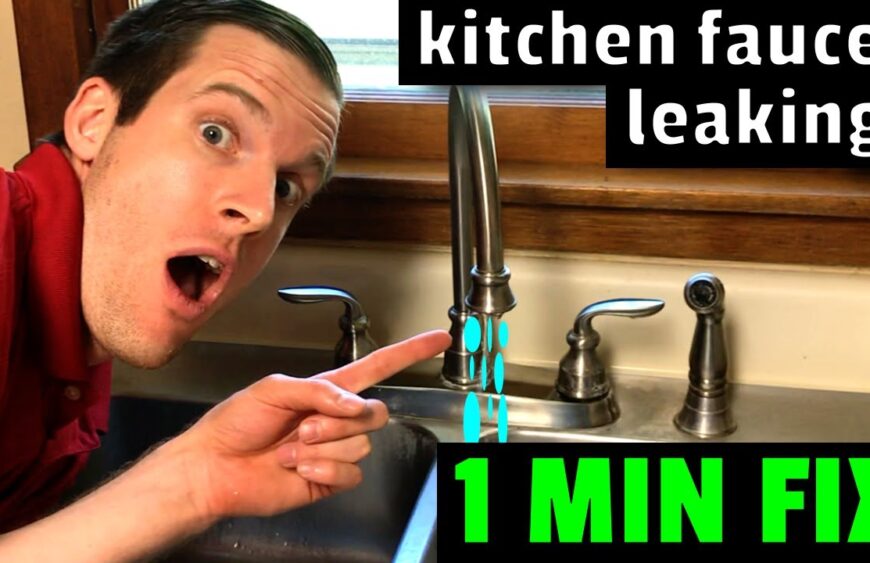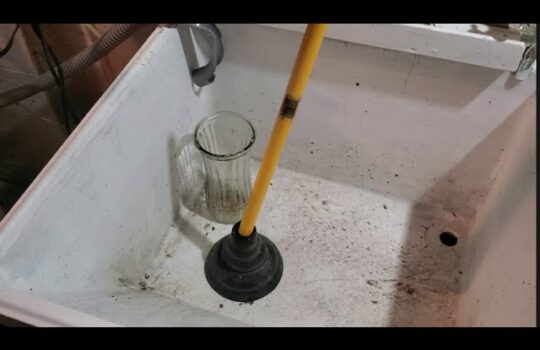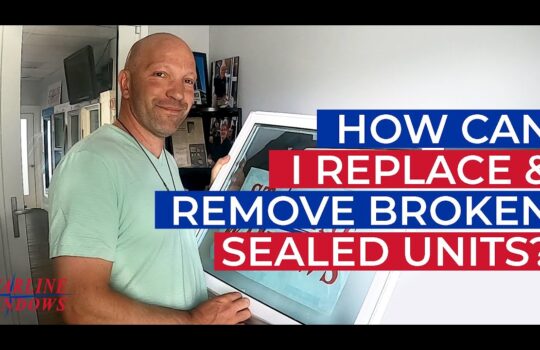Leaking or dripping kitchen faucets are a common plumbing problem in households. It can be both annoying and costly, as it wastes water and can cause a higher water bill. To help you prevent and fix leaking faucets, here are some tips and tricks.
Identifying the Problem
The first step in solving a leaking faucet is to identify the source of the problem. The most common causes of a leaking faucet are worn washers, corroded valves, and loose nuts and bolts. It is important to note that the type of faucet you have will determine the type of repair that needs to be done.
Repairing the Faucet
Once the cause of the leaking faucet has been identified, it is time to repair it. In most cases, the repair is a simple one that can be done without the help of a professional. Here are some tips for repairing a leaking faucet:
- Check for worn washers and replace them if necessary.
- Tighten any loose nuts and bolts.
- Clean and lubricate corroded valves.
- Replace any parts that are worn or damaged.
Preventing Future Leaks
In order to prevent future leaks, it is important to take proper care of your faucet. Here are some tips for preventing leaks:
- Clean the faucet regularly with a soft cloth.
- Check the washers and valves for signs of wear or corrosion.
- Check the nuts and bolts for tightness.
- Replace worn or damaged parts.
When to Call a Professional
In some cases, a leaking faucet may require the help of a professional plumber. If you are unable to fix the problem yourself, it is best to call a professional. Here are some signs that you should call a professional:
- The faucet is still leaking after you have tried to repair it.
- You are unable to identify the source of the leak.
- You do not have the necessary tools or parts to repair the faucet.
Conclusion
Leaking or dripping kitchen faucets can be a nuisance and can lead to higher water bills. To prevent and fix these problems, it is important to identify the source of the leak and repair it accordingly. If you are unable to fix the problem yourself, it is best to call a professional. By following these tips, you can help ensure that your faucet stays leak-free.









